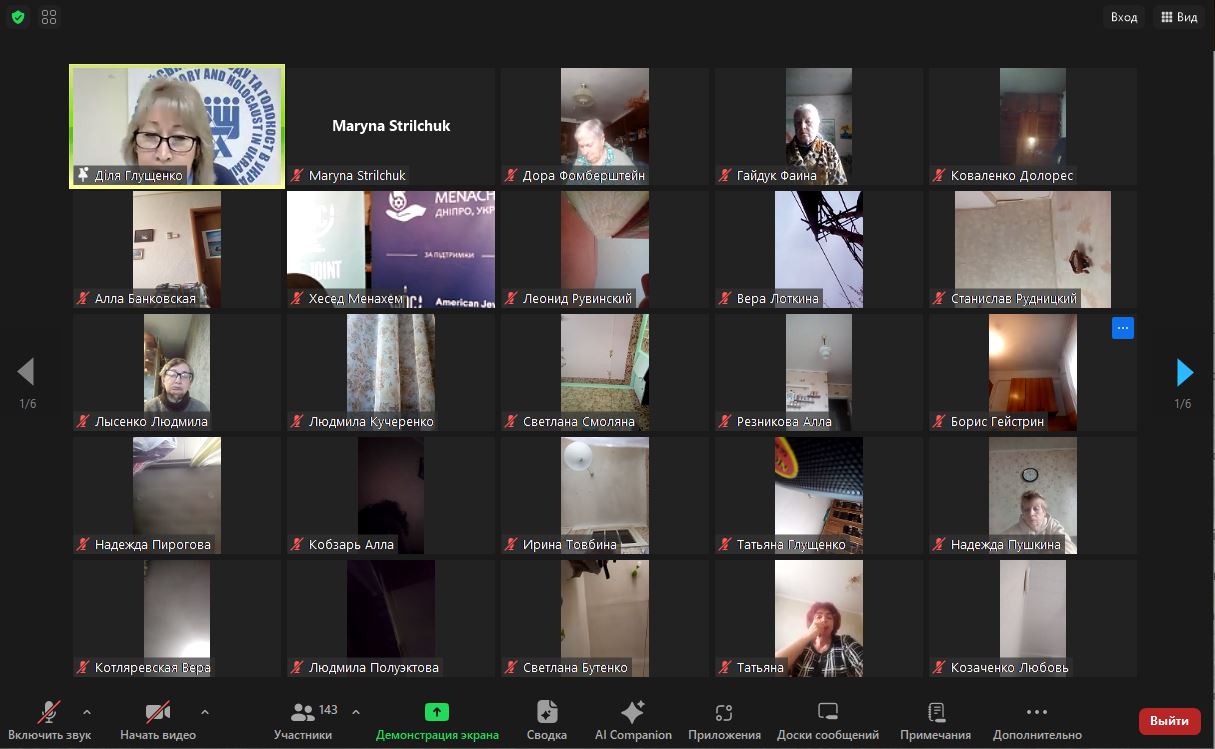Recently, on November 9, the democratic world community celebrated the International Day against Fascism and Anti-Semitism. Currently, this day has a double meaning: one part of the actions is aimed at commemorating the victims of the Holocaust, Nazism and fascism throughout history; the second is focused on contemporary problems of anti-Semitism, right-wing extremism and neo-Nazism. Today's realities encourage us to be more concerned than ever, to take an active position regarding all manifestations of anti-Semitism and their consequences. It so happened that exactly on the eve of this day, attacks on Jewish tourists took place in Amsterdam. The violence was condemned by the leaders of Europe, the United States and Israel. The President of Israel called the attacks a “pogrom,” and the King of the Netherlands urged “not to close our eyes to anti-Semitism.”
Under the slogan “Never Again” another class was held as part of the educational project “Jewish Heritage”, which is supported by Museum “Jewish Memory and Holocaust in Ukraine” together with “Hesed Menachem”. Researcher of the Museum Dilfuza Hlushchenko held a meeting with regular and new participants of the lecture hall. Listeners learned why this particular date was chosen for the celebration, which went down in history under the name “Kristallnacht”. The events of Kristallnacht are considered to be the symbolic beginning of the systematic extermination of Jews, which ultimately led to the murder of millions of Jews during the Holocaust, including in Ukraine. One of the greatest tragedies of World War ii and the Holocaust – the Babyn Yar tragedy – became a tragic symbol of the Nazis' crimes on Ukrainian soil. The crime committed by the Nazis on September 29-30, 1941, in Kyiv was reflected in many literary and cinematographic works. The feature film “Ladies' Tailor”, created in 1990 based on the play of the same name by O. Borshchagovsky, was presented to the attention of the project participants. In an hour and a half of viewing, they learned about the last days and nights of the life of the Jewish family of an old tailor – one of the thousands of families shot by the Nazis in Babyn Yar. After the viewing, there was a discussion of the film, which, despite its very difficult content, impressed the audience. Separate fragments of the film were accompanied by explanations and additions by the lecturer. Of course, one cannot fail to mention the emotional component of joint viewing. Finally, the participants of the meeting honored the memory of the victims of Nazism and anti-Semitism.

